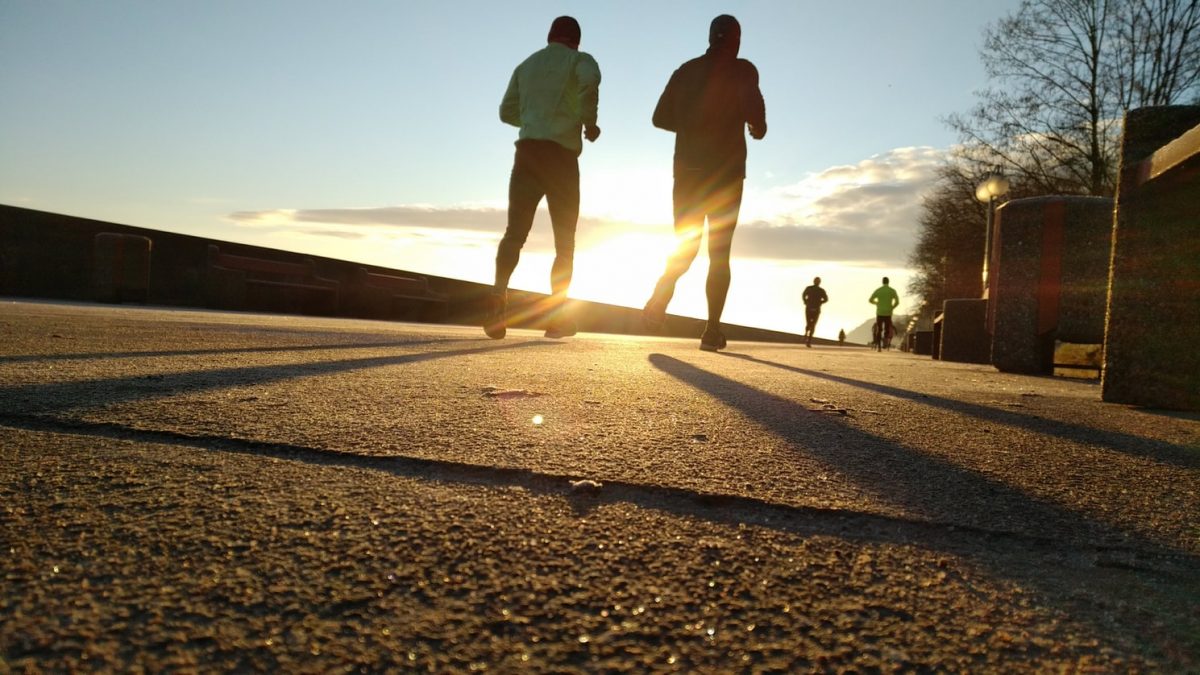We all know that doing exercise if good for our bodies and the benefits are well documented. Physical activity reduces the likelihood of developing cardiovascular disease, respiratory disease and some cancers. It also helps to maintain a healthy weight and reduces the risk of developing type 2 diabetes. But what about our mental health? Well, studies show that what’s good for the body is good for the mind. Self-esteem and mood can be improved, whilst the risk of experiencing stress, depression and anxiety are lowered.
So, how much should we be doing?
The guideline for adults is 150 minutes per week, or 30 minutes five times a week. This might seem daunting, but the key thing to remember is anything is better than nothing. You can start off small and build up. Remember, this is about you, so don’t compare yourself to other people and what they’re doing.
What counts?
Anything that raises your heart rate, makes you breathe faster and makes you feel warmer. The great thing is, the list of things that can do this is endless, from going for a walk, dancing, doing kick-ups with a football or playing a game of tag in the garden. Whatever takes your fancy.
Tips to get started
- Find an activity that interests you. If you enjoy it, you are far more likely to stick at it.
- Schedule your activity. If you don’t make time for it, you will never find the time. Set your alarm 30 minutes earlier and head out for a run.
- Start small and build up. Set yourself some realistic targets to help you along the way – perhaps just 10 minutes, three times a week.
- Keep trying. You might not find an activity you like straight away, and that’s ok. You might find that prefer to exercise in the morning rather than at night, or find competitive sport too intimidating but like yoga. Just keep trying.
There’s loads of helpful tools and information to get you started on Mind’s Get Set To Go programme
Where to get help
If you’re concerned that you are developing a mental health problem you should seek the support of your GP or doctor. If you need urgent care visit A&E or call 999.
There are a number of organisations who you can contact for some support, including:
- The Samaritans Call 116 123
- Mind
- Rethink
Don’t forget you can always talk to those who are close to you such as family and friends. Why not encourage them to get active with you?




